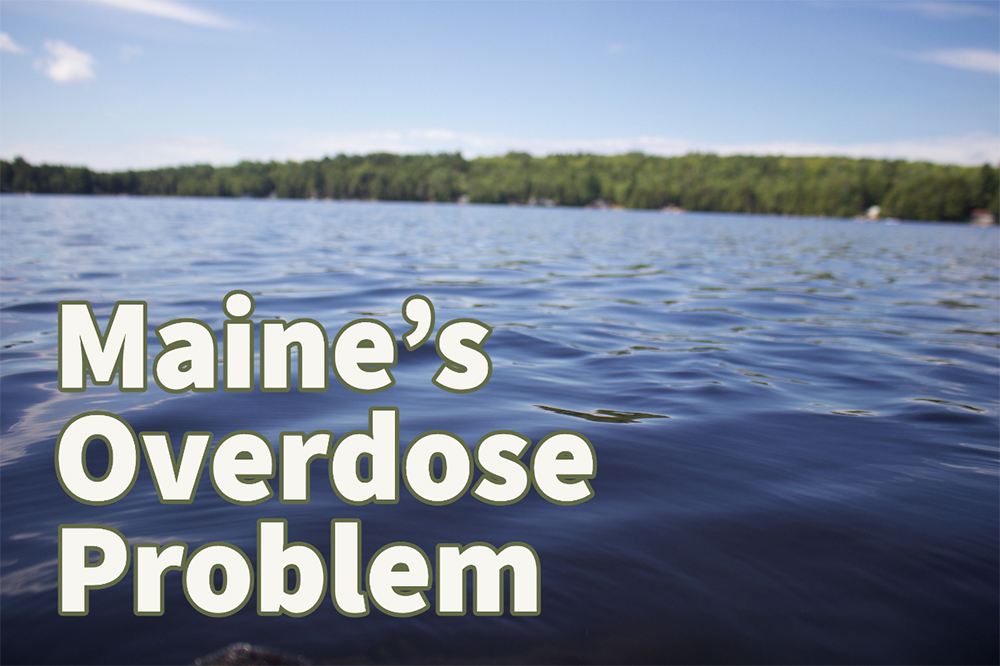Since 2013, the state of Maine has seen an exponential growth in the number of deaths from drug overdoses. Each year creates a new record. Last year, there were 631 deaths. The year before, 503.
University of Maine professors Robert Glover and Karyn Sporer conducted a recent study on Maine’s drug policy.
“Mainers strongly support restructuring drug laws, transitioning away from criminal punishment for low-level, non-violent offenses,” the study said.
A majority of their respondents were between the ages of 18 and 44, which demonstrates that many young people understand the danger of drug addiction and the importance of recovery support rather than incarceration. We have an opportunity now, as young college students, to raise awareness and advocate for this issue that continues to take the lives of far too many Mainers.
We’ve all heard the saying that drug addiction and overdose can affect anyone and does not discriminate based on age, gender or race. Although this phrase may be overused, it’s an important fact to keep in mind as we work towards ending the stigma surrounding drug addiction.
Glover and Sporer’s research is so important in demonstrating the vast support, across party lines, that Mainers have for moving away from the criminalization of drug use. There are very few issues that people seem to agree on, but this is one and taking steps to address it will save countless lives.
As we enter the second month of the new year, it’s scary to think that with no drug reform Maine might yet again see a record high amount of drug overdose deaths that could have been prevented. Numerous research studies done around the world have shown the benefits of decriminalization on not only the individual, but also their families, communities and the state as a whole.
Based on Glover and Sporer’s report, Mainers show strong support for the continuation of broad distribution of naloxone, an opioid overdose reversal medication and education surrounding this medication. Naloxone has been seen to reverse numerous overdoses across the state. Personally, I don’t know much about this medication, and I don’t know how many college students do. On-campus education events about naloxone, drug overdose, prevention and recovery could be really helpful in spreading awareness of what is happening all around us.
Maine has been struggling with this issue for so long, and with the available evidence and tools it must be a priority. With Governor Mills’ recent re-election, it’s important that we do all we can to encourage her to put this at the forefront of her agenda. Contacting her, writing letters to the editor and meeting with local officials can all be steps in raising awareness for this issue.
Although this may not be an easy conversation to have, it hits home for many of us who have lived in Maine all our lives. It’s important that we use our voices, resources and community encouragement to end Maine’s continuous record-setting overdose deaths.




